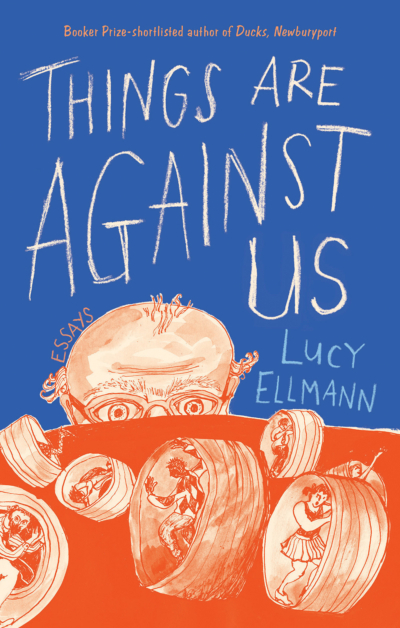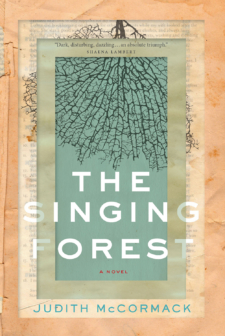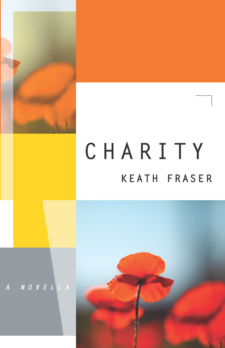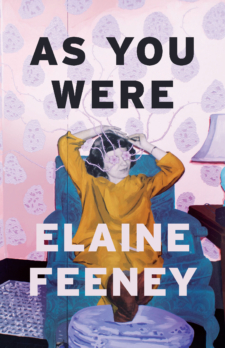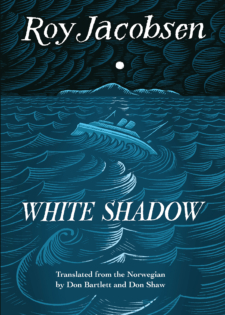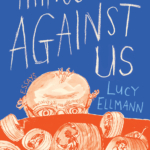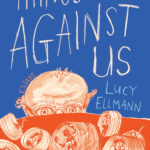Description
“It’s somehow hard not to be optimistic in the hands of a writer so angry and intelligent.”—Patrick Ness, Guardian
Things fall apart; the centre cannot hold. As Yeats pointed out, things have a lot to answer for. These satirical essays jauntily tackle the obstinacy, incorrigibility, and recalcitrance of things, Laura Ingalls Wilder’s unimpressive descriptions of the construction of bobsleds and door latches, and the way we try to stand on our own two feet, put our best foot forward, remain footloose and fancy-free, and inevitably put our foot in it. They also cover the first suggestion the internet offers when you look up the word ‘women’ (spoiler: it’s shoes) and other annoyances (some fatal) of male supremacy, the nobility of buttons, and what the rejection of tourists by Jordanian donkeys should mean for global travel (stop!). Ingrid Bergman and Jane Austen come into it somewhere (Helen Gurley Brown was forcibly removed).
Early versions of some of these essays have appeared in international outlets of record, but others are brand-new and ready for your delectation.
Illustrations by Diana Hope.
Praise for Ducks, Newburyport
“This book has its face pressed up against the pane of the present; its form mimics the way our minds move now toggling between tabs, between the needs of small children and aging parents, between news of ecological collapse and school shootings while somehow remembering to pay taxes and fold the laundry.”—Parul Sehgal, New York Times
“Ellmann captures the pathos of the everyday, how one might use pie crusts and film synopses to dam in pain … [her] commitment to compilation and description suggests a resistance to hierarchies. It also flickers with tenderness. The time and care that she lavishes on her narrator seem like their own form of political speculation—that every individual is owed an unending devotion, and that such devotion, applied universally, might change the fate of the world.”—New Yorker
“A sublime literary enactment of how guilt, grief, rage, regret, compassion, and every other emotion swirls and ebbs in unbalanced defiance of rational logic … The free-associative stream accumulates into a work of great formal beauty, whose distinctive linguistic rhythms and patterns envelop the reader like music or poetry. Equally, it forms a damning indictment on capitalist patriarchy that, in an extraordinary feat from a writer at the height of her powers, never veers within a mile of sanctimony or self-righteousness. If art is measured by how skillfully it holds a mirror up to society, then Ellmann has surely written the most important novel of this era. “—The Paris Review
“In Ducks, Newburyport the invisible expropriation of women’s domestic labour is tied to the despoiling of the environment and the macho degradation of the public sphere. But this is to suggest the novel can be boiled down to one particular theme, when its entire premise refuses any kind of summary. In reading Ducks, wonder gives way to frustration, which gives way to wonder again, until finishing becomes a kind of contemplative vigil – an exercise in dedication…Ducks is asking us to imagine what a total, unboundaried empathy with another person could feel like.” —New Statesman
“Breathlessly brilliant … an extraordinary achievement of wit and imagination … this isn’t just one of the outstanding books of 2019, it’s one of the outstanding books of the century.”—Irish Times
Praise for Lucy Ellmann
“When I first read Ellmann, I loved her bizarreness, her ferocious humour. But she’s even angrier now, more indignant, and that’s what gives this book its sly substance. The streak of fury that runs through it is stealthy, apparently feminine, cloaked in ditziness. But underneath there are claws and teeth.”—Julie Myerson, Guardian
“[I]t’s somehow hard not to be optimistic in the hands of a writer so angry and intelligent.”—Patrick Ness, Guardian
“I have been told that reviewers complained about the use of screaming capitals in Lucy Ellmann’s first book, which is why she now packs every page with them . . . Her latest novel, a melded spoof of medical romances and Jane Eyre, is as lunatic and splenetic and distinctive as anything that will be published this year . . . I begin to suspect she may be some sort of genius.”—Victoria Lane, Telegraph
“Ellmann’s writing is fearless . . . a whistle-stop tour of the paraphernalia that litters all our minds. Oddments that most of us notice and discard are here burnished into literary devices.”—Alice Fishburn, Financial Times
“If there were a laureate for anger, it should go to Lucy Ellmann.”—Stuart Kelly, Scotland on Sunday

